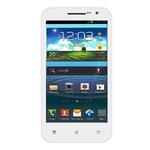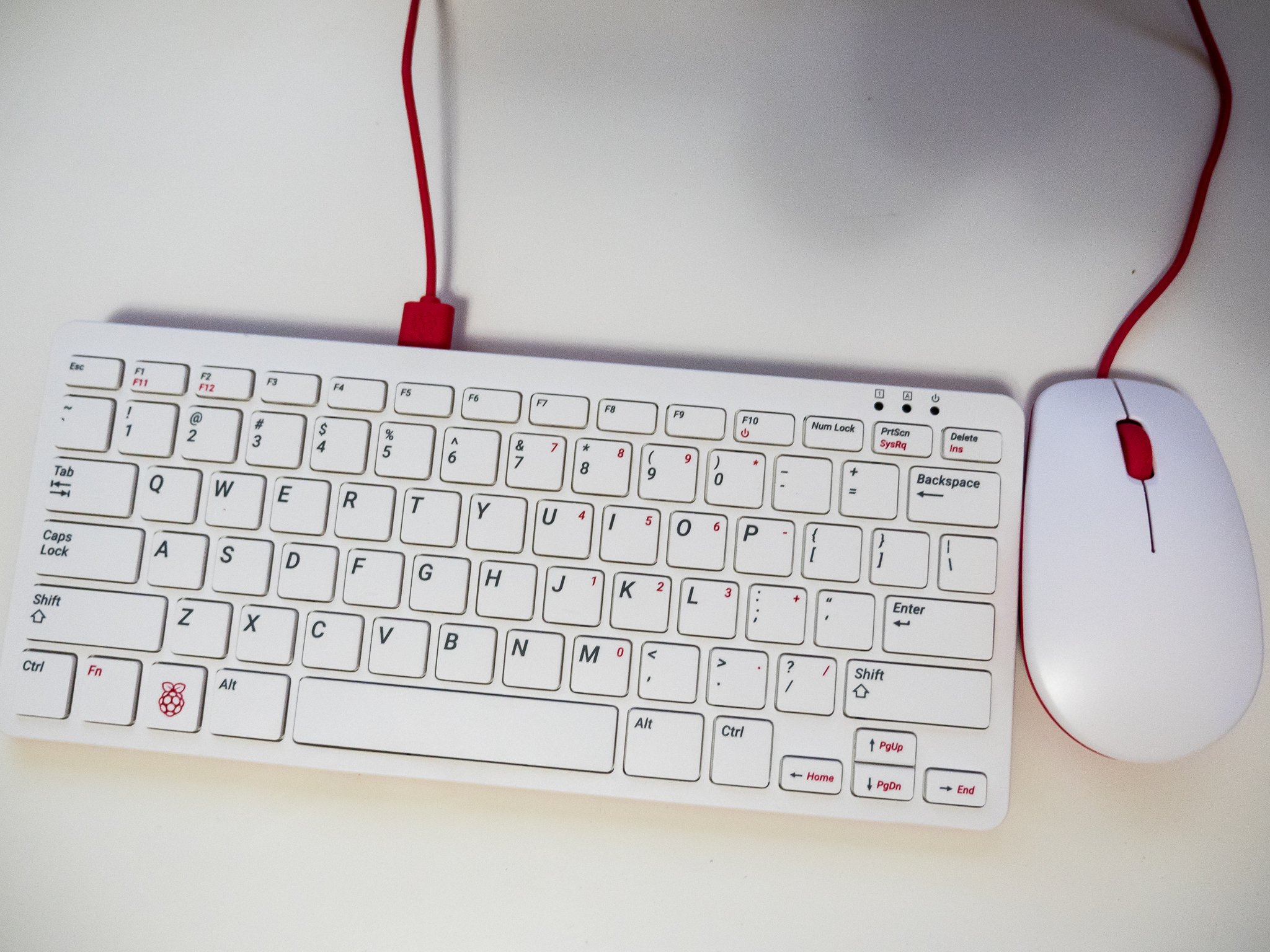Five things I want from a Samsung Galaxy Watch 4 - Android
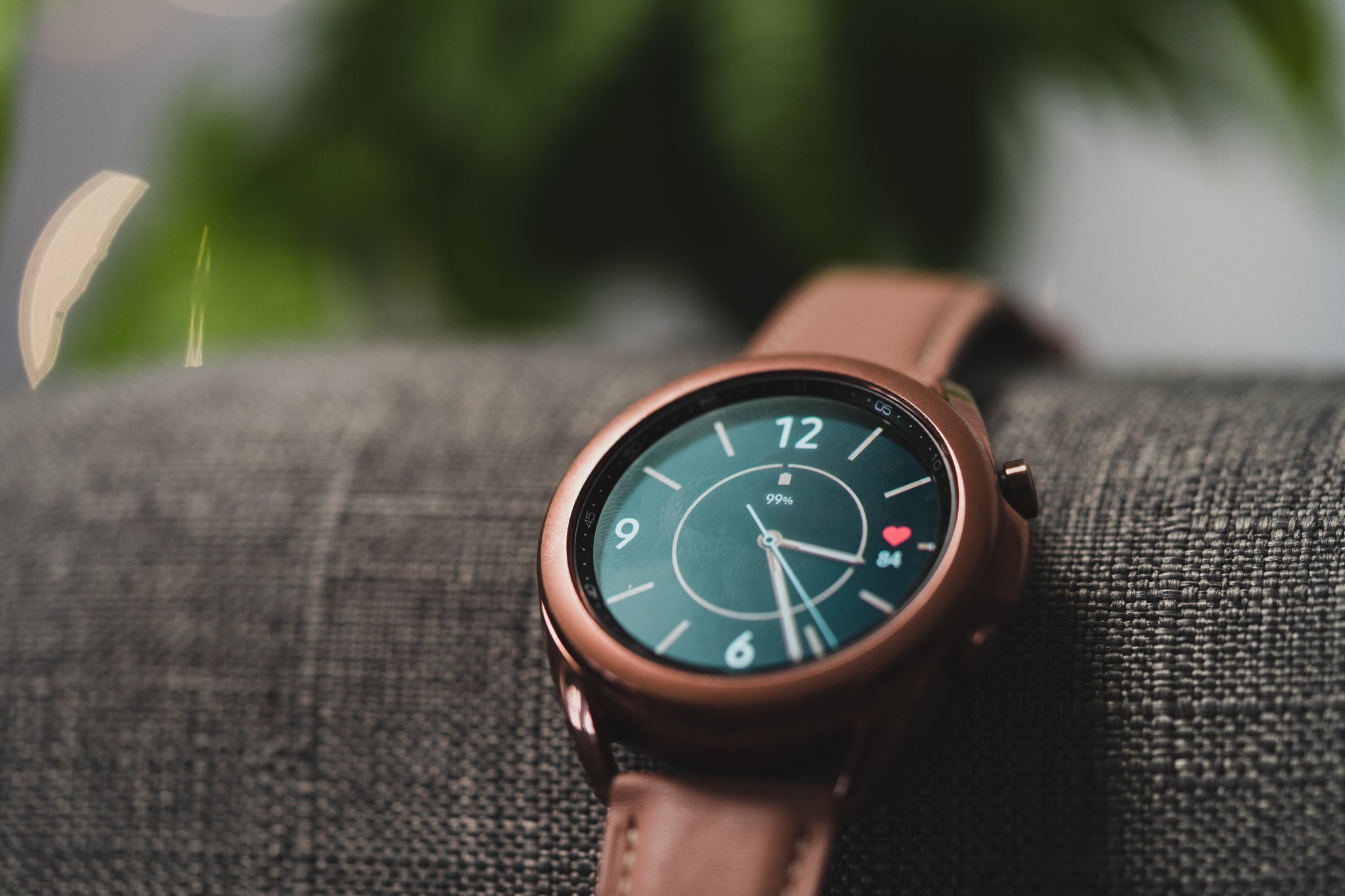
What are confirmed features, if not rumors perservering?
If the recent Galaxy Watch 4 rumors are to be believed, we can expect to see the successor to last year's excellent Galaxy Watch 3, along with an accompanying Active variant, a bit sooner than originally anticipated. That's great news, since Samsung makes some of the best Android smartwatches around, but right now we're still not entirely sure what upgrades to expect in these upcoming models.
While we await more concrete details on the Samsung Galaxy Watch 4, which could launch as early as Q2 2021, I've got some features in mind that I'd love to see make their way to the final product.
Jump to:
- Maintain Tizen support
- 5G support
- Better haptic feedback
- Improved specs
- Blood pressure monitoring in the U.S.
Maintain Tizen support
While we don't have any official confirmation just yet, it's been suggested that the Galaxy Watch 4 may ditch Samsung's in-house Tizen operating system in favor of the same Wear OS platform we've seen on virtually every other Android-compatible smartwatch. This would make sense for a lot of reasons, namely wider compatibility with non-Samsung phones and considerably better app support — something Tizen has been woefully lacking in for years.
I hope this doesn't mark the end of Tizen moving forward.
Still, I've enjoyed past Galaxy Watch models because of the Tizen software they ship with. Wear OS has come a long way in the last few years, but at least in my opinion, it still feels like an afterthought of a project for Google. Fitness tracking — an area in which Tizen has comparatively excelled — is particularly lacking in Wear OS, and performance has generally felt underwhelming on most devices I've tested.
I love the rotary-like interface of Tizen's app launcher. I like that Samsung Health automatically detects certain workout routines and begins tracking my stats. Admittedly, Bixby is more of a nuisance than a helpful voice assistant, but no software is perfect. I think Tizen is a great platform for smartwatches, and I'd hate to see it begin to disappear if Samsung starts to transition towards Wear OS.
5G support
I'm sort of surprised this hasn't been mentioned in any leaks or rumors yet, but I think that as Samsung continues to establish itself as a major 5G player in the smartphone space, it only makes sense to extend that reach to its smartwatches, as well. We've seen LTE variants of nearly every Galaxy Watch sold at a premium for years now, and while I still think 5G is mostly unnecessary, I also don't see much benefit in leaving the latest networking technologies out of the latest products.
Would 5G bring an entirely new set of capabilities to the Galaxy Watch 4? Almost certainly not, but it could at the very least cut down on load times when streaming music or pulling down notifications when you leave your phone at home.
Better haptic feedback
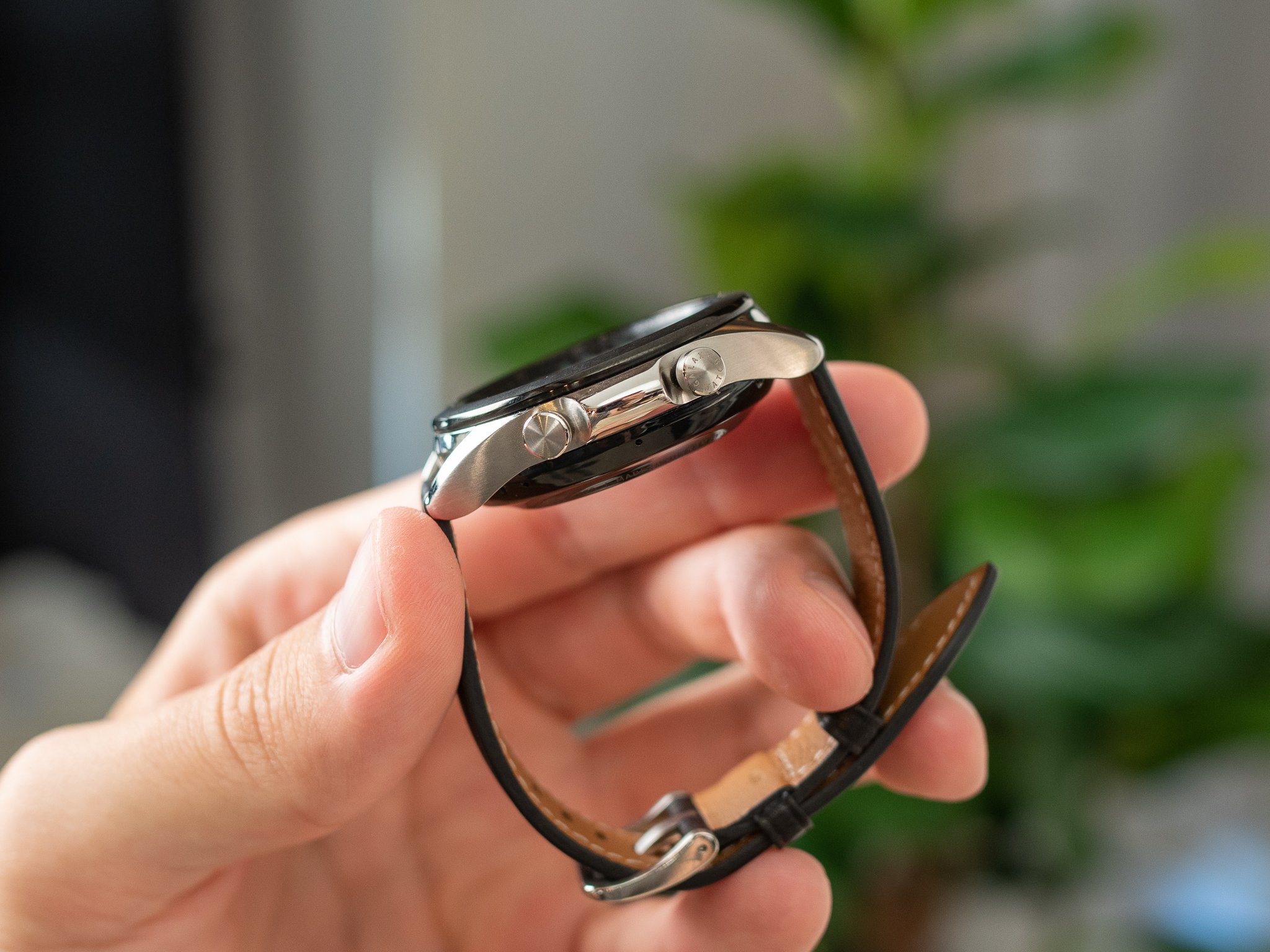
I'm a sucker for great haptics. Whether you even notice them or not, haptics are a huge part of the smartwatch experience, just as they are with your phone. Apple knows this, and dedicates a large portion of the internal space on their phones and watches towards the Taptic Engine, that complex series of motors that can deliver incredibly precise vibrations, replicating the feeling of someone tapping on your wrist.
The Galaxy Watch 3 already had great haptics, but I'd love for an Apple Watch-like experience on the next model. It wouldn't even be entirely new territory for Samsung to explore; the Galaxy S8 was able to detect different levels of pressure put on the software home button, and used precise haptic feedback to create an artificial "click" that, like the Force Touch trackpad on Apple's MacBooks, was oftentimes genuinely convincing as a real "button."
I think this sort of subtle touch is a particularly great feature for a device that straps onto your wrist. The Galaxy Watch 3's vibration motor is by no means overly aggressive, but I'd love for the same type of gentle nudge for incoming notifications that Apple Watch users have enjoyed for years — the same goes for silent alarms in the morning.
Improved specs
This one is a bit of a softball answer, but frankly, the Galaxy Watch 3 was a bit underwhelming compared to the competition. Battery life in particular was unimpressive; in my review of the 41mm model, I mentioned that its two- to three-day endurance dropped to just a single day of battery life — sometimes even less — with the always-on display enabled.
In addition to better optimizing the software to stretch that battery life a bit further, I'd love to see Samsung up the 247mAh capacity. Of course, that's not the only area that could stand to be improved; the Galaxy Watch 3 features just 8GB of internal storage, a quarter the capacity offered by the Apple Watch Series 6.
Blood pressure monitoring in the U.S.
Remember when Samsung rolled out blood pressure monitoring for the Galaxy Watch 3? If you live in South Korea or any of the other 32 countries where the feature is currently supported, your answer might be "yes," but for those of us Stateside, the feature never actually came.
This isn't entirely Samsung's fault; its metaphorical hands are tied until the FDA gives its official approval for blood pressure monitoring, as it did for the Galaxy Watch 3's electrocardiogram monitoring. Still, I'm hopeful the company will have better luck with its followup models. While your smartwatch is by no means guaranteed to give you perfectly accurate readings, features like built-in blood pressure monitoring can give you baseline approximations for your own personal records.
What features do you want to see?
Are you as excited for Samsung's upcoming smartwatch models as I am? Do you plan to upgrade to the Galaxy Watch 4, or were you never much of a smartwatch user to begin with? And perhaps most importantly, do you see the potential move to Wear OS as a step in the right direction, or are you already lamenting the decision? Whatever your thoughts, let me know in the comments below!
Samsung's best (for now)
Samsung Galaxy Watch 3
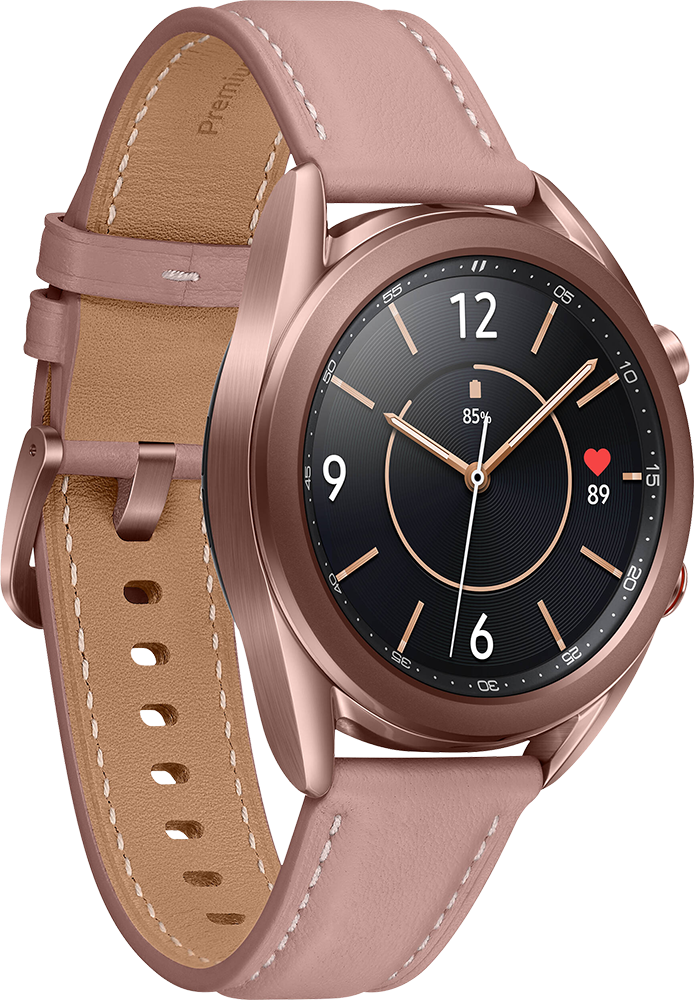
$310 at Amazon $400 at Best Buy $400 at B&H
Still my favorite smartwatch on the market
No matter what Samsung does with the followup model, the Galaxy Watch 3 is a terrific smartwatch with an attractive, modern design and a rotating bezel that makes navigating the Tizen software an absolute joy. Better yet, it's packed with health and fitness features to help you stay on top of your personal well-being.
12/03/2021 01:30 PM
OnePlus 8T gets its first OxygenOS Open Beta
12/03/2021 01:03 PM
Nokia is holding a virtual launch event on April 8th
12/03/2021 03:20 PM
Top 10 Best Samsung Galaxy S20 Accessories – Updated March 2021
12/03/2021 08:00 PM
Chrome 89 Android Is Better In All The Ways, Intros Freeze-Dried Tabs
12/03/2021 05:50 PM
Can you repair the Raspberry Pi 400 from home We've got the answer.
12/03/2021 02:00 PM
The Samsung Galaxy S21 Series Is Still Really Difficult To Repair
12/03/2021 11:35 PM
Nubia Watch Review
12/03/2021 10:00 PM
Raspberry Pi supports dual 4K monitors, so try out these compatible models
12/03/2021 10:00 PM
- Comics
- HEALTH
- Libraries & Demo
- Sports Games
- Racing
- Cards & Casino
- Media & Video
- Photography
- Transportation
- Arcade & Action
- Brain & Puzzle
- Social
- Communication
- Casual
- Personalization
- Tools
- Medical
- Weather
- Shopping
- Health & Fitness
- Productivity
- Books & Reference
- Finance
- Entertainment
- Business
- Sports
- Music & Audio
- News & Magazines
- Education
- Lifestyle
- Travel & Local

